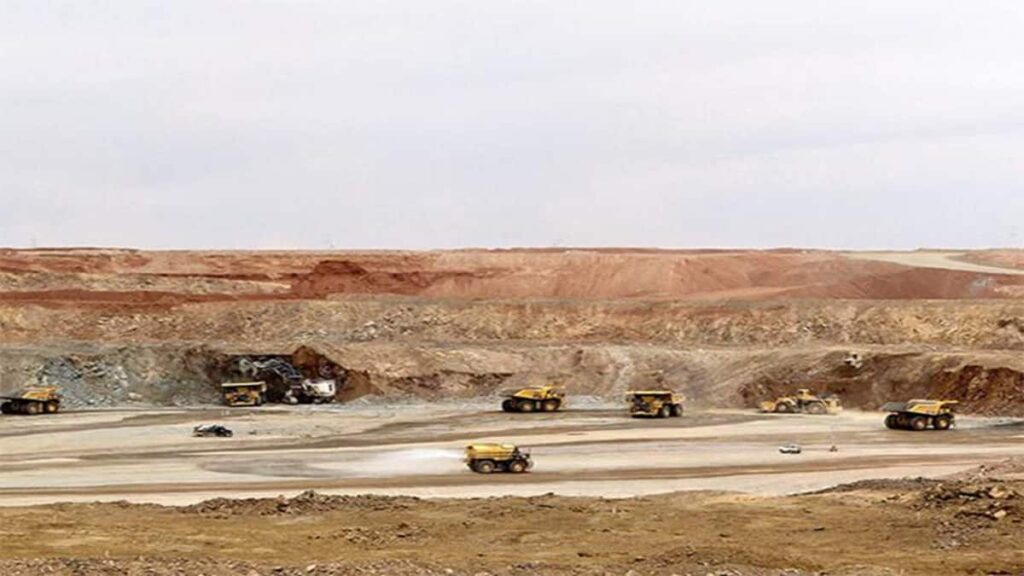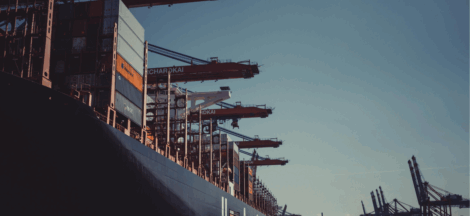NEW DELHI: The government will invite bids for 20 critical mineral blocks, including lithium and graphite mines, in next two weeks, a top official said on Tuesday. This will mark the first attempt to transfer these under-utilised assets to the private sector, after Parliament in early August empowered the Centre to auction concession rights for these minerals.
Mines Secretary V L Kantha Rao said the government is planning to issue the auction notice in a couple of weeks. Speaking after the inauguration of the Mining Pavilion at India International Trade Fair (IITF) here, the secretary said as many as 10-12 players in the country have the technology to produce and process “critical minerals.”
A workshop will be organised immediately where all stakeholders will be brought together to frame a national-level strategy on mining and processing of critical minerals, Rao added.
The Mines and Minerals (Development and Regulation Amendment) Act, 2023, opened up six more critical minerals –beryllium, lithium, niobium, titanium, tantallium, zirconium — to the private sector for exploration and mining.
The amended law empowers the Centre government to exclusively auction mining lease and composite licence for specified critical minerals, with a view to facilitating and incentivizing private sector participation in all spheres of mineral exploration.
Critical minerals have gained significance in view of India’s commitment towards energy transition and achieving net-zero emission by 2070. The idea is to reduce the country’s import dependence for lithium, the key element for the manufacturing of EV batteries, to the extent possible.
India meets about 70% of its lithium requirement via imports, even as it seeks to increase the EV penetration from 1% now to 30% by 2030.
The current share of deep-seated minerals like copper, zinc, lead, gold, silver, diamond, nickel, cobalt and platinum group of minerals in total mineral production of India is insignificant. Most of the requirements are fufilled through imports.
Concession for these critical minerals would increase the pace of auction and early production of the minerals which have become indispensable for new-technologies such as space, electronics, information technology, energy transition, food security, etc.
Even though auction would be conducted by the Central Government, the mining lease or composite licence for these minerals to the successful bidders will be granted by the state government concerned and the auction premium and other statutory payments will continue to be received by the states.
Last month, the Centre had approved royalty rates of 3% each for lithium and niobium and one per cent for Rare Earth Elements (REEs).
Now, the Centree can exclusively auction mining lease and composite licence for critical minerals namely. molybdenum, rhenium, tungsten, cadmium, indium, gallium, graphite, vanadium, tellurium, selenium, nickel, cobalt, tin, platinum group of elements, minerals of “rare earth” group (not containing Uranium and Thorium); fertilizer minerals such as potash, glauconite and phosphate (without uranium) and minerals being removed from the list of atomic minerals.
Source: The Financial Express




 WPI Inflation Stays In Negative Zone, Sinks To 3-Month Low Of -0.52 Per Cent In October
WPI Inflation Stays In Negative Zone, Sinks To 3-Month Low Of -0.52 Per Cent In October 